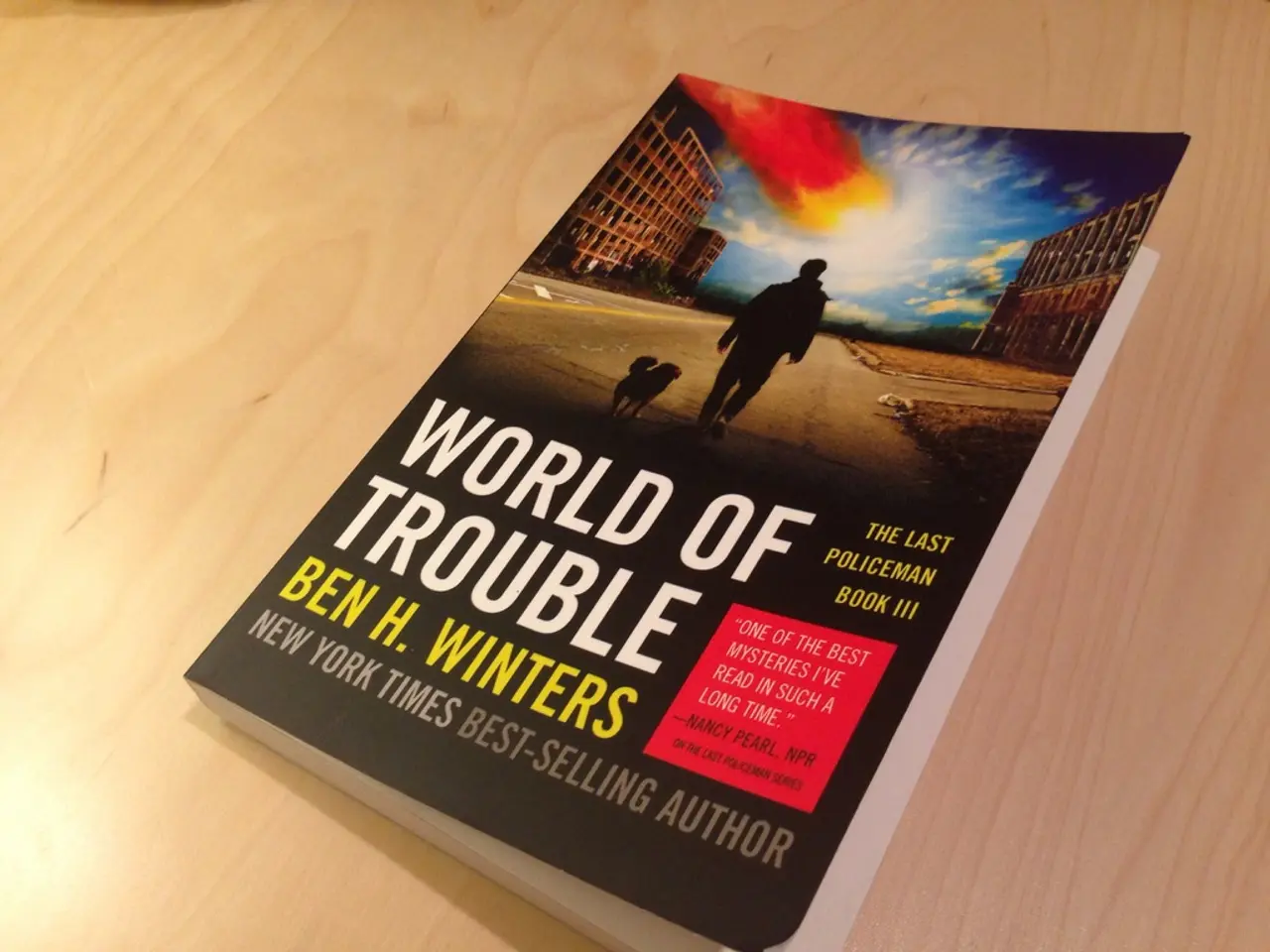Trump's Trade Agreement and the Unfulfilled Honeymoon of Merz
The European Central Bank is considering a potential quarter-point interest rate cut due to the anticipated US-EU trade deal, but this decision may come at a cost for German Chancellor Friedrich Merz.
Merz, who has been in office since May, is currently grappling with a fractious coalition and a shallow parliamentary majority. His early political difficulties stem from failing to reconcile election promises with coalition realities and internal party conflicts.
One of the key election promises Merz failed to deliver on was reducing migration. Instead, he is facing resistance from the SPD over allowing asylum seekers to apply for work and putting more pressure on unemployed people to find jobs. Criticism also persists about a delayed reduction in corporation tax, due to a decline by 1 percentage point a year for five years from 2028.
The US-EU trade deal, while potentially beneficial economically, might intensify these challenges in managing his coalition. Trade deals often require compromises that can strain coalition dynamics, particularly if SPD partners resist reforms tied to trade liberalization or social welfare restructuring.
The reaction to the deal is more hostile in France than in Germany, potentially causing discord between Paris and Berlin. German Chancellor Merz has warned that the deal will cause "considerable damage" to the German economy, and French Prime Minister Francois Bayrou has called it a "dark day" for Europe.
The private sector has pledged to invest €631bn in the coming years, and increased tax depreciation allowances for the next three years are designed to boost corporate investments. However, the EU has agreed to spend hundreds of billions of dollars on US energy products and armaments, as well as accepting a broad 15% tariff across most exports.
The trade accord interrupts a generally positive foreign policy record for Chancellor Merz, potentially denting the poll ratings of his Christian Democratic Union/Christian Social Union grouping. The episode could increase resentment against Ursula von der Leyen, the German president of the European Commission.
Regarding Merz's foreign policy decisions, an unexpected halt in arms exports to Israel during the Gaza conflict caused internal party displeasure and criticism. This move was not coordinated with his own party’s Bavarian affiliate, the CSU, leading to further tension within the party.
Despite these challenges, Merz and his party are determined to cut spending by implementing reforms such as allowing asylum seekers to apply for work and putting more pressure on unemployed people to find jobs. However, these reforms are facing SPD resistance.
In conclusion, the US-EU trade deal, while offering potential economic benefits, may exacerbate political tensions within the German government. Merz's coalition with the SPD is marked by fundamental disagreements, leading to a dysfunctional government that struggles to enact significant changes and tends to maintain the status quo through subsidies rather than economic stimulation. As a result, Merz's early tenure as Chancellor is shaping up to be a challenging one, with none of the issues seeming likely to die down soon, potentially resulting in a testing holiday period for Merz and his already embattled coalition.
Sources: 1. BBC News 2. Deutsche Welle 3. Politico 4. Reuters 5. The Guardian
- The European Central Bank's potential interest rate cut could impact Chancellor Merz, given the anticipated US-EU trade deal might pose challenges for the German economy.
- The US-EU trade deal could exacerbate political tensions within Merz's coalition, as compromises required may strain coalition dynamics, particularly if SPD partners resist reforms.
- Economic insights from the private sector show a commitment to invest €631bn, but the EU agreement to spend billions on US energy products and armaments is causing concern.
- Merz's foreign policy decisions, such as the halt in arms exports to Israel, have caused internal party displeasure and criticism, especially when coordination with party affiliates is lacking.
- In terms of public finance, Merz is pushing for reforms like allowing asylum seekers to apply for work, but these reforms are facing resistance, causing a stalemate in policy-and-legislation.
- AI and sovereign finance are various areas where policy-and-legislation are being shaped, and general-news outlets like BBC News, Deutsche Welle, Politico, Reuters, and The Guardian cover these insights extensively.
- Amidst the ongoing challenges in trade, finance, and politics, war-and-conflicts and crime-and-justice issues continue to be significant parts of the public discourse, shaping the overall policy landscape.








